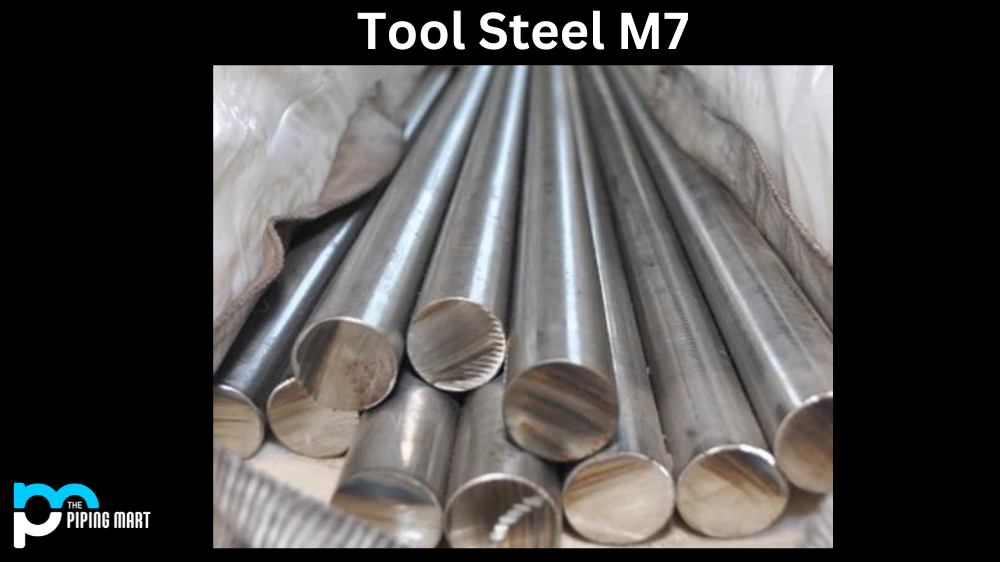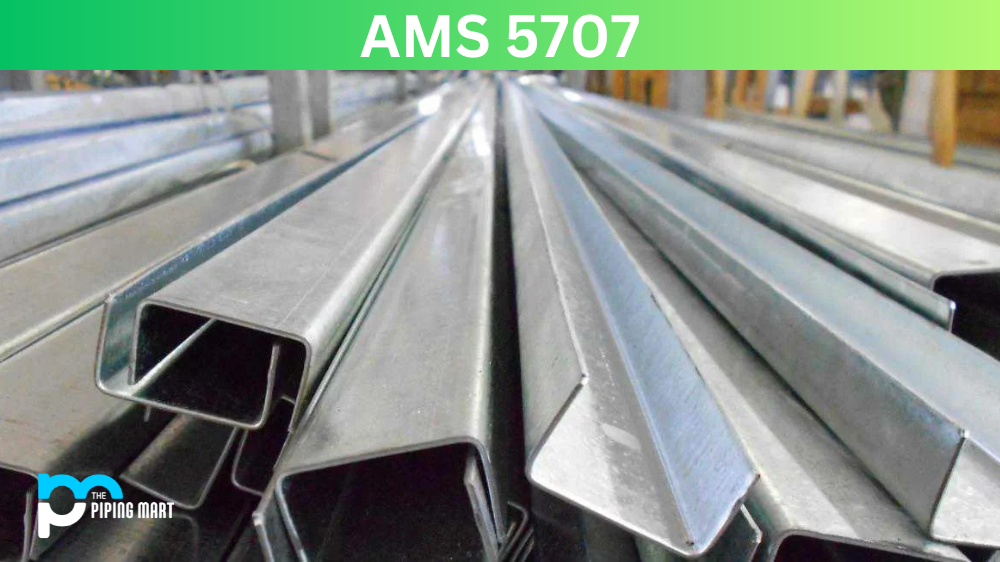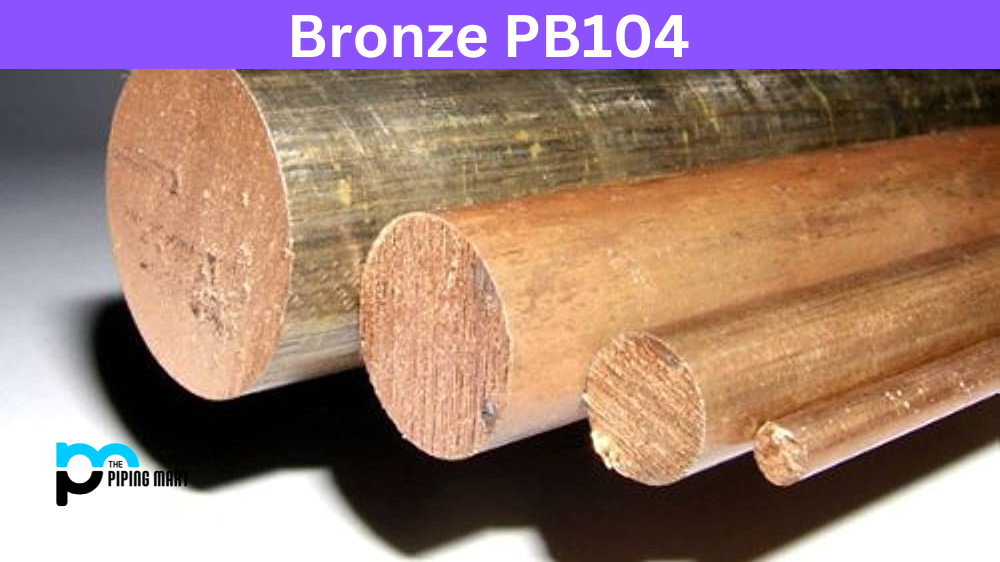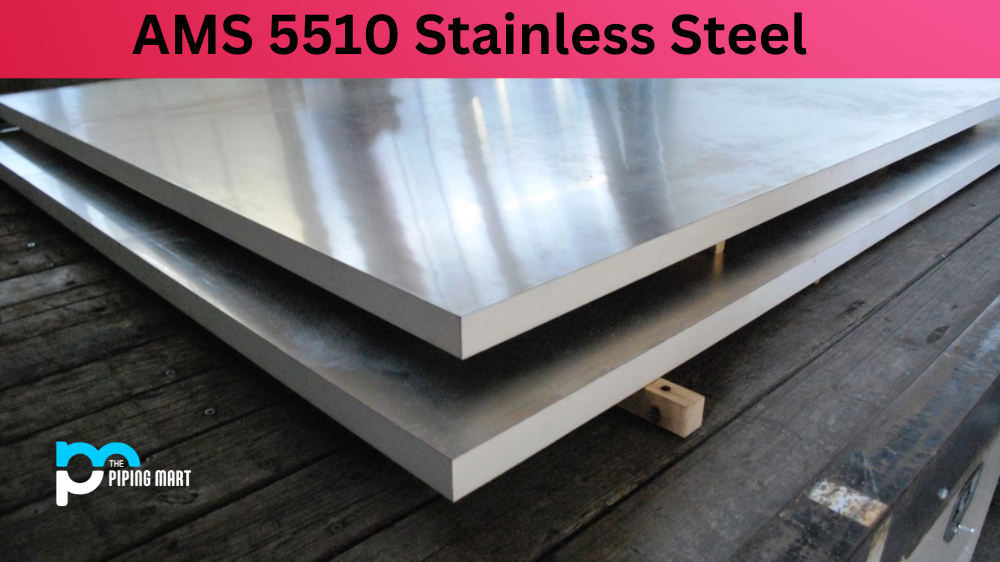UNS T11302 is an air-hardening material with excellent wear resistance and toughness. It has high carbon and chromium content, making it well-suited for applications requiring high hardness, such as cutting tools, punches, dies, and knives. This guide will cover the composition, chemical properties, mechanical properties, physical properties, corrosion resistance, heat resistance, heat treatment, machining, and welding of Tool Steel M7.
M7 Tool Steel Composition
UNS T11302 is a high-carbon chromium alloy steel that contains 0.75%-1% carbon, 5.5%-7% chromium, 0.25%-0.50% molybdenum and 1.2%-1.8% vanadium. It also contains small amounts of manganese (Mn) and silicon (Si). This combination of elements gives it a high hardness level that makes it suitable for use as a cutting tool and other applications where wear resistance is important.
| Element | Content (%) |
|---|---|
| C | 0.78-1.05 |
| Mn | 0.15-0.40 |
| Si | 0.20-0.45 |
| Cr | 0.20-0.45 |
| Ni | 0.3 |
| Mo | 4.50-5.50 |
| W | 5.50-6.75 |
| V | 1.75-2.20 |
| Cu | 0.25 |
| P | 0.03 |
| S | 0.03 |
M7 Tool Steel Chemical Properties
The chemical composition of Tool Steel M7 gives it some unique characteristics that make it ideal for certain applications. It has a high level of corrosion resistance due to its chromium content which helps to prevent rust from forming on the surface when exposed to moisture or other corrosive substances such as acids or salts. Additionally, the molybdenum content helps to increase its strength while still providing good ductility, which aids in machining operations such as drilling and tapping holes in the material. Finally, the vanadium content increases its hardenability, which allows it to be hardened at lower temperatures than other tool steels without sacrificing strength or toughness in the process.
M7 Tool Steel Mechanical Properties
UNS T11302 has a very good balance between strength and toughness, making it suitable for many applications requiring both properties, such as dies and punches used in stamping operations or blades used in cutting operations like shearing or sawing metal sheets or bars into shape. Its mechanical properties include tensile strength ranging from 850MPa – 1100MPa (124000psi – 159000psi) depending on the heat treatment method used; yield strength ranging from 600MPa – 1000MPa (87000psi – 145000psi); elongation ranging from 16%-20%, depending on heat treatment method used; impact energy value of 20J at room temperature; reduction area of 30%; and hardenability up to 255HBW/49HRc due to its vanadium content which allows it to be hardened at lower temperatures than other tool steels without sacrificing any strength or toughness in the process.
| Mechanical properties | Metric | Imperial |
|---|---|---|
| Hardness, Rockwell C (tempered at 1150°F, quenched at 2200°F) | 62 | 62 |
| Hardness, Rockwell C (as hardened, quenched at 2200°F) | 65 | 65 |
| Compressive yield strength (when tempered at 300°F) | 3250 MPa | 471000 psi |
| Izod impact unnotched (when tempered at 300°F) | 67 J | 49.4 ft-lb |
| Abrasion (loss in mm3, as-hardened; ASTM G65) | 25.8 | 25.8 |
| Abrasion (loss in mm3, tempered at 1275°F; ASTM G65) | 77.7 | 77.7 |
| Poisson’s ratio | 0.27-0.30 | 0.27-0.30 |
| Elastic modulus | 190-210 GPa | 27557-30458 ksi |
M7 Tool Steel Physical Properties
Its physical properties include a density of 7800kg/m3; melting point of 1435°C; the thermal conductivity of 11W/mK; specific heat capacity of 0.46kJ/kgK; coefficient of thermal expansion 8×10-6/K; modulus of elasticity 200GPa; electrical resistivity 0-100ohm-cm; magnetic permeability <1.
| Physical properties | Metric | Imperial |
|---|---|---|
| Density | 8.16 g/cm3 | 0.294 lb/in3 |
| Melting point | 4680°C | 2600°F |
M7 Tool Steel Thermal Properties
| Thermal properties | Metric | Imperial |
|---|---|---|
| CTE, linear (@20.0 – 100°C/ 68.0 – 212°F) | 10 μm/m°C | 5.56 μin/in°F |
| CTE, linear (@20.0 – 500°C/68.0 – 932°F) | 12.2 μm/m°C | 6.78 μin/in°F |
| CTE, linear (@20.0 – 850°C/68.0 – 1560°F) | 12.6 μm/m°C | 7 μin/in°F |
M7 Tool Steel Equivalent
- AFNOR 06-05-04-02
- DIN 1.3343
- UNI KU
- JIS SKH9
- SS 2722
- B.S. BM 2
- FED QQ-T-590
- ASTM A597 (CM-2)
- ASTM A600
- SAE J437
- SAE J438
- UNS T11302
M7 Tool Steel Uses
UNS T11302 is a chrome-molybdenum hot-work steel sought after for its high strength and wear resistance in many industrial applications. It is often used to make tools, including machine parts, forming dies, nozzles, and extrusion moulds. Tool Steel M7 also has found great use in the aerospace industry, where components require greater toughness at elevated temperatures. These components include turbine discs, aircraft structure frames, thrust reverser springs and actuators. Its higher chromium content resists oxidation and scaling at high temperatures, allowing it to see service even in cryogenic applications such as valves or nozzles used on LNG pipelines. The combination of outstanding wear resistance, heat resistance, strength at high temperatures, and low cost makes Tool Steel M7 an invaluable material for industries requiring reliable components that can be safely manufactured with good dimensional control.
Corrosion Resistance
Tool steel M7 is a chromium-based alloy known for its exceptional corrosion resistance, making it an ideal choice in industries where the steel will be exposed to adverse conditions. Its unique combination of high chrome content, low carbon levels and traces of vanadium gives it superior performance to competing alloys such as 420 stainless steel. This makes it suitable for use in harsh environments, such as marine or food processing applications. Unlike some other steels, tool steel M7 does not require any special coating or protective treatment to preserve its corrosion resistance, making it easier for users to deploy it confidently without extensive preparation. Furthermore, thanks to its tough construction, tool steel M7 can withstand extreme temperatures and other mechanical stresses, which makes it incredibly dependable and reliable.
Heat Resistance
Tool steel M7 is a great choice for manufacturing tough, durable tools and boasts remarkable heat resistance. Withstanding temperatures up to 1000°F, M7 tool steel can be used for multiple hot forging and hot stamping applications. Thanks to its strong resistance to heat, M7 tool steel outlasts conventional grades such as A2, D2 and O1 in the most extreme working conditions. For anyone looking for a reliable option that holds up under high temperatures without fail, M7 should be at the top of the list.
Heat Treatment
The heat treatment of Tool Steel M7 is critical to ensure the necessary properties for durability and strength in various applications. This heat treatment involves heating the material to 1000 degrees Celsius followed by rapid cooling, which tamper hardens a thin layer on its surface. The method used for cooling affects the hardness of the steel and can determine if it will be brittle or wear-resistant depending on how quickly or slowly it is cooled. Tool Steel M7 is often used in aerospace parts that require extreme strength and wear resistance, so heating and cooling must be precisely controlled during this process.
Machining
Tool Steel M7 is a type of alloy steel that is optimal for machining applications due to its material strength and ability to hold tight tolerances. Suitable for manufacturing components such as bolts, gears, pins, and dies, this steel can be difficult to machine, but with experienced engineers, it can be done quickly and economically. With its strength and wear resistance capabilities even at higher temperatures, Tool Steel M7 performs excellently in demanding machining operations such as deep drilling and internal threading. Both manual and CNC machine tools are well-suited for working with Tool Steel M7, making it an important part of the manufacturing process for many industries.
Welding
Applying tool steel M7 welding is a technical process that requires precision and expertise. The alloy M7 weldment offers a range of properties, including excellent wear resistance and a high strength-to-weight ratio, making it ideal for applications in construction equipment, manufacturing tools, agricultural machinery, military vehicles, and more. It’s important to note that welding this type of material can be challenging due to its unique composition; proper precautions must be taken to avoid warping and potential dust hazards. If done correctly, however, the end product will be incredibly durable with a finish that has minimal porosity. Tool steel M7 welding is an extensive process, but with the right skills and safety protocols in place, affordable solutions for hard-working parts are well within reach.
Conclusion
Tool Steel M7 is a versatile material with excellent wear resistance and toughness that can be used for various applications, including cutting tools, punches, dies, knives etc. Its unique combination of elements gives it superior corrosion resistance, heat resistance, machinability, weldability, hardenability etc., making it ideal for many industries such as Automotive, Aerospace, Agriculture, Construction etc. By understanding its composition, chemical properties, mechanical properties, physical properties, corrosion resistance, heat treatment, machining welding etc., you can ensure you are using the suitable material for your application needs! With proper care and maintenance, your tool steel m7 components will last longer with less wear and tear!

Abhishek is a seasoned blogger and industry expert, sharing his insights and knowledge on various topics. With his research, Abhishek offers valuable insights and tips for professionals and enthusiasts. Follow him for expert advice on the latest trends and developments in the metal industry.




